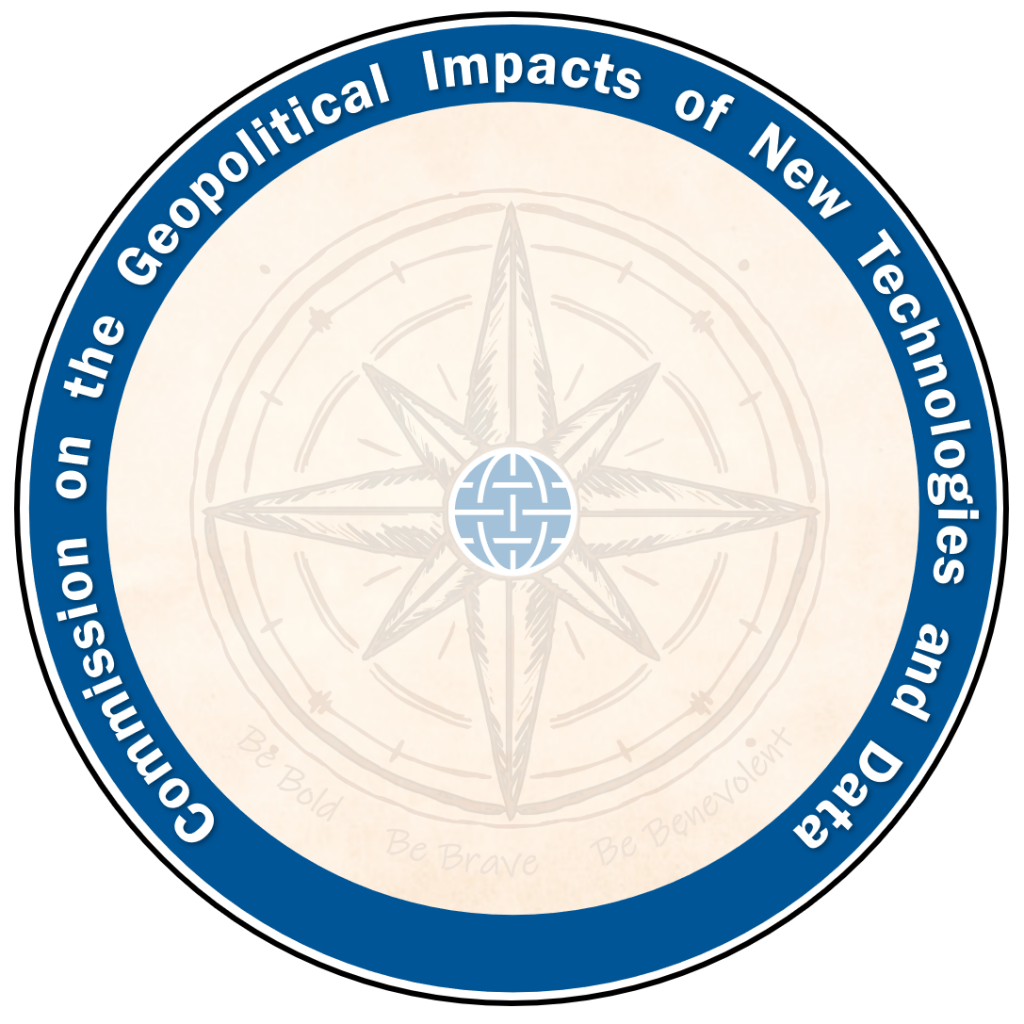Beyond CHIPS: Prioritizing standardization is critical for US competitiveness
The CHIPS and Science Act, signed into law by President Biden on August 9, 2022, sends a strong message in support of a market-led standards system to bolster domestic technology innovation and competitiveness. In addition to nearly $53 billion in funding to encourage domestic manufacture of semiconductor chips, the CHIPS Act includes some $11 billion for scientific research to maintain the United States’ technological edge in the global economy. Section 10245, “International Standards Development,” aims to boost the US’ edge by focusing on US engagement in international standards development and is especially relevant given the geopolitical complexities that have recently arisen around technology standards. In recognizing that global standards enable faster commercialization of emerging technologies and enhance the ability of US innovators to access global markets, the CHIPS Act takes a key step towards boosting US standards infrastructure.
When China released its China Standards 2035 strategy in 2021, many diplomats in the United States and the West sounded alarm bells, citing concerns that the plan signaled an imminent Chinese effort to bias standards development organizations (SDOs) in their favor at the expense of existing leaders in international standardization (notably, the US and Germany). Though the China Standards 2035 plan has not destabilized the international standards ecosystem as some feared, it has sparked renewed interest in the standards space.
The most recent example of this trend can be seen in the European Standardization Strategy, which lays out a “new approach to enable global leadership of EU standards.” While the Strategy clearly demonstrates that standards are a priority for the EU, it also states a preference for European standards and foresees limiting foreign participation in the development of these standards. Many standards experts are concerned that this strategy will lead to the exclusion of representatives of non-EU-headquartered companies in global standards development, particularly in areas where standards work moves from the European Committee for Electrotechnical Standardization (CEN/CENELEC) to the International Standards Organization (ISO) and International Electrotechnical Commission (IEC), or where joint work takes place.
Government-sponsored efforts to limit foreign participation in standards development activities may lead to the balkanization of standards and far-reaching economic impacts on multinational technology companies. Given these threats and the fact that international standards-setting is increasingly an arena for geopolitical competition, the United States risks losing ground with respect to technology leadership by delaying action on policies that support domestic innovation and US participation in standards activities.
Section 10245 of the CHIPS Act will help to bolster the United States’ position in the international standards-setting arena. The legislation highlights the importance of the Department of Commerce, National Institute of Standards and Technology (NIST)’s leadership role in coordinating federal participation in standards related to critical technologies, and it will support NIST in partnering with the private sector to enhance US standards leadership and capacity to participate effectively in the development of standards. The bill has been received positively by the SDO world and by private stakeholders eager to take advantage of the new support for private-sector innovation.
It is important to note, however, that the Act will not have immediate effect on standards-setting—it still has to cross the authorization-to-appropriation funding hurdle. While the Act authorizes funding for the full range of NIST research and standards priorities, NIST’s ability to deliver on these priorities will depend to a great extent on the timely appropriation of funds during the upcoming fiscal year 2023, which begins October 1, 2022.
In addition, although the new bill contains important provisions in support of standardization, there is still significant room for improvement in overall US standards policy. Improving federal coordination and engagement should be a top priority, along with expanded training and education programs to support effective participation in standards activities. Both of these activities should be undertaken in partnership with the private sector and should leverage both public- and private-sector resources. In addition, support for small business and other stakeholder participation in standards activities is valuable, recognizing that in some new technology areas, companies—both large and small—may be more focused on advancing the technology and protecting their innovative ideas than on standards work early in the technology life cycle. Federal experts may need to assume a greater portion of the workload early in the cycle, streamlining the inclusion of US technology in standards.
The CHIPS Act constitutes a necessary first step in reinforcing the American private-sector-led standards system amid rising geopolitical tensions, but opportunities still abound for the federal government to support and engage with standards-setting stakeholders. In order to maintain the competitiveness of the US technology sector, policymakers will need to continue to develop new standards policies that support innovation, build public-private relationships, and strengthen SDOs.
Mary Saunders is Vice President, Government Relations and Public Policy at the American National Standards Institute (ANSI), where she serves as a liaison between ANSI and federal, state, and local government agencies and Congressional staff. She is also a Nonresident Senior Fellow with the Atlantic Council GeoTech Center.
Giulia Neaher is an Assistant Director at the Atlantic Council GeoTech Center, where she contributes to analyses and convenings related to technology standards, artificial intelligence, and data policy.

GeoTech Center
Championing positive paths forward that societies can pursue to ensure new technologies and data empower people, prosperity, and peace.